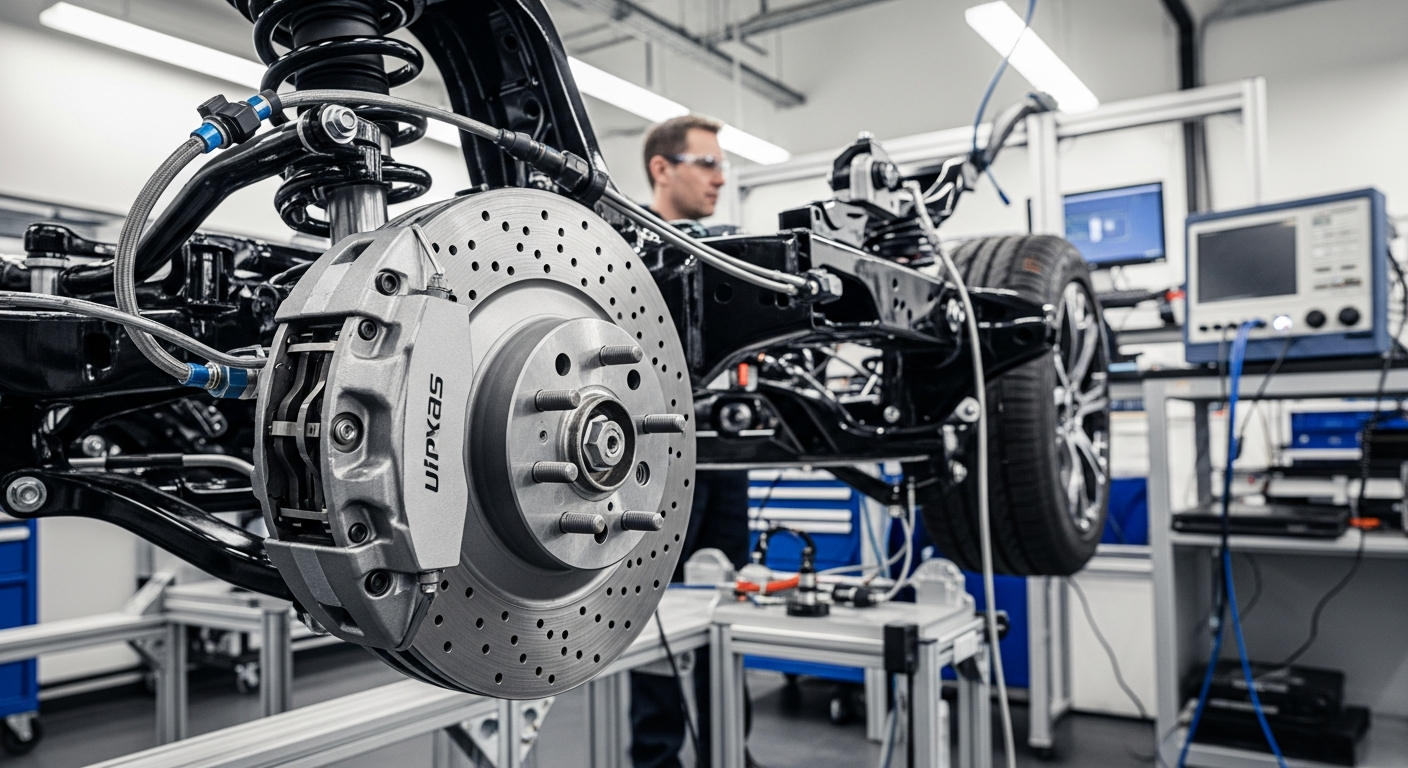The Resurgence of the Maker Movement: A Sociocultural Examination
Delve into the resurgence of the Maker Movement, a cultural trend that is reshaping society in unprecedented ways. This article unpacks its origins, present-day implications, and future trajectories. Read below to understand this fascinating shift in our societal fabric.

Unraveling the Roots of the Maker Movement
The Maker Movement, a cultural phenomenon that champions DIY (Do-It-Yourself) practices and values, is not a new concept. Its roots can be traced back to the Arts and Crafts Movement of the late 19th and early 20th centuries. This period saw a revolt against the dehumanizing effects of industrialization and a return to artisanal craftsmanship. Fast forward to the 21st century, the Maker Movement has resurfaced with a renewed vigor, powered by advances in digital fabrication technology and a growing disillusionment with consumer culture.
The Maker Movement in Contemporary Society
In today’s world, the Maker Movement transcends beyond just a hobbyist culture. It has permeated various spheres of society, from education and business to politics and sustainability. Its ethos of self-reliance, innovation, and creativity is fostering a cultural shift towards more sustainable and localized production. Additionally, the Maker Movement is democratizing innovation by enabling ordinary individuals to create, invent, and solve problems, thereby challenging traditional power structures in industries such as manufacturing and technology.
The Sociocultural Implications of the Maker Movement
The Maker Movement is much more than a trend; it is a cultural revolution with profound sociological implications. It encourages a sense of agency and empowerment, fostering a society that values creativity and problem-solving over passive consumption. The movement also promotes inclusivity and diversity by breaking down barriers to entry in traditionally exclusive areas like technology or manufacturing. Furthermore, it fosters community-building and collaboration, as makers often share their knowledge and resources freely, fostering a sense of collective ownership and cooperation.
The Future of the Maker Movement
As we look into the future, the Maker Movement promises to continue influencing societal trends and cultural practices. It holds the potential to reshape our economies, moving us away from unsustainable mass production towards more localized, sustainable, and ethical manufacturing practices. It could also redefine education, with a focus on experiential learning and creativity, fostering a generation of problem solvers and innovators.
Conclusion
The resurgence of the Maker Movement represents a significant cultural shift in our society. It is a powerful counter-narrative to the prevailing consumer culture, emphasizing creativity, self-reliance, and sustainability. As we continue to grapple with pressing societal challenges like climate change and social inequality, the Maker Movement offers a beacon of hope, empowering individuals and communities to take control of their destinies and shape a more equitable and sustainable future. This resurgence is not just a trend but a testament to the human spirit’s resilience and capacity for innovation.





